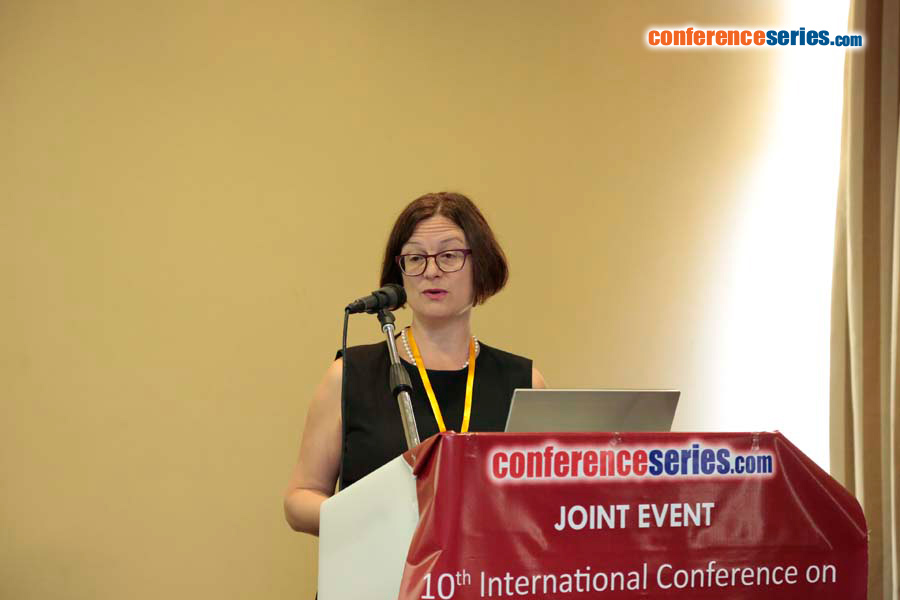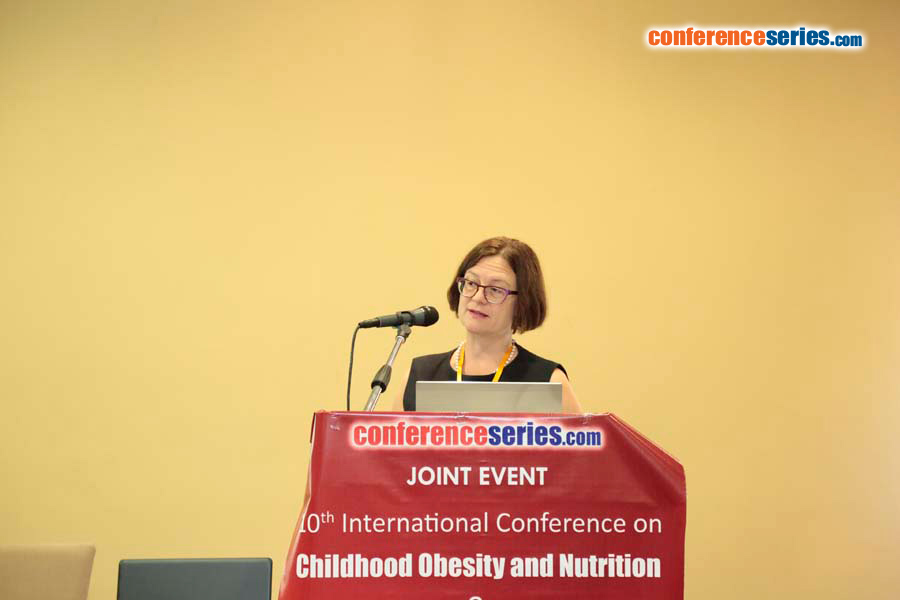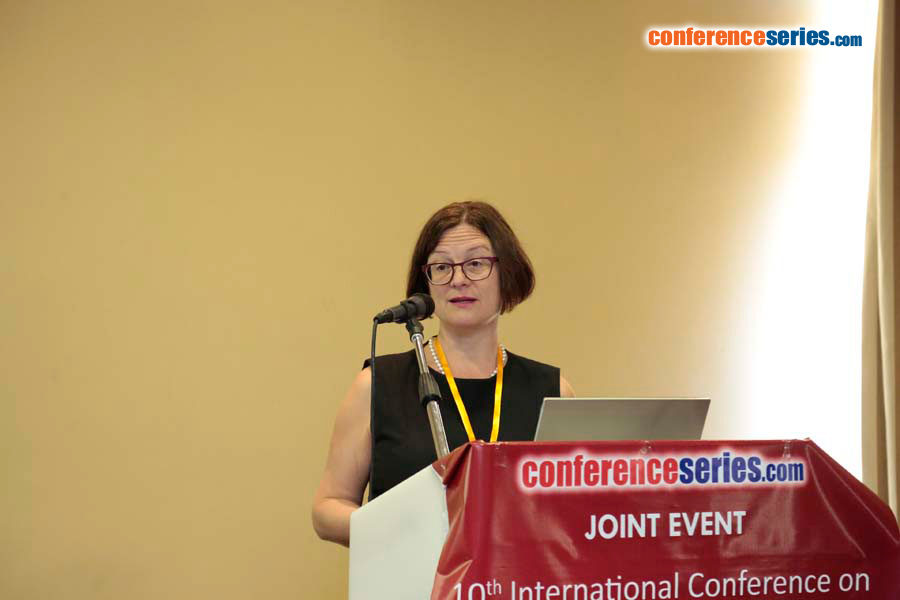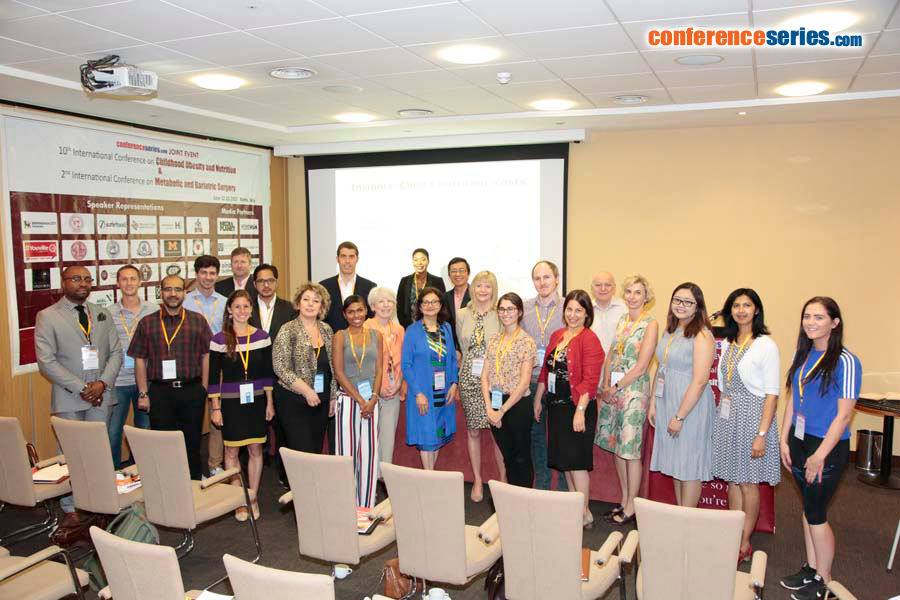
Jovanna Dahlgren
University of Gothenburg ,Sweden
Title: Experience from Pediatric Gastric Bypass Surgery – Quality of Life, Eating and Neurodevelopmental Disorders
Biography
Biography: Jovanna Dahlgren
Abstract
Statement of the Problem: Attention-deficit/hyperactivity disorder (ADHD) is more prevalent in children with obesity. Recently we also found increased occurrence of autism spectrum disorder (ASD) (5). Eating disorders are overrepresented in adults with obesity, but little is known about children with obesity. Moreover, little is known about eating disorders before and after gastric bypass surgery. The purpose of this study is to investigate the long-term outcome after gastric bypass surgery in obese adolescents.
Methodology & Theoretical Orientation: Eighty-one (53 females/28 males) severely obese adolescents (range 13-18 yrs, mean age 16.5 yrs) performed gastric bypass surgery. The study design has previously been published (3). Before surgery, after one, two and five years (n=74) body mass index (BMI), metabolic status, health-related quality of life (HRQoL, using the short form (SF)-36 as questionnaire), and binge eating was recorded. After five years these were compared with 81 age-matched adolescents (35 males) that declined to perform surgery.
Findings: Mean BMI decreased during the five years from 45.5 to 32 kg/m2 if surgery, whereas it increased from 42 to 45 if no surgery. Fasting insulin decreased from 32 to 7 mU/L post-surgery and continued unchanged low during the five years post-surgery, whereas levels were above 30 mU/L if no surgery (p<0.001). Pre-surgery, 28% reported moderate and 9% severe binge eating. This was improved after surgery (see image below). Significant improvements were also found in most HRQoL domains (*P<0.001) from 1 year post-surgery and onwards, but as many as 20% scored poor HRQoL two years after surgery.
Conclusion & Significance: Severe obese adolescents benefit of gastric bypass surgery with normalized metabolic status and substantial improvement in binge eating as well as HRQoL.





